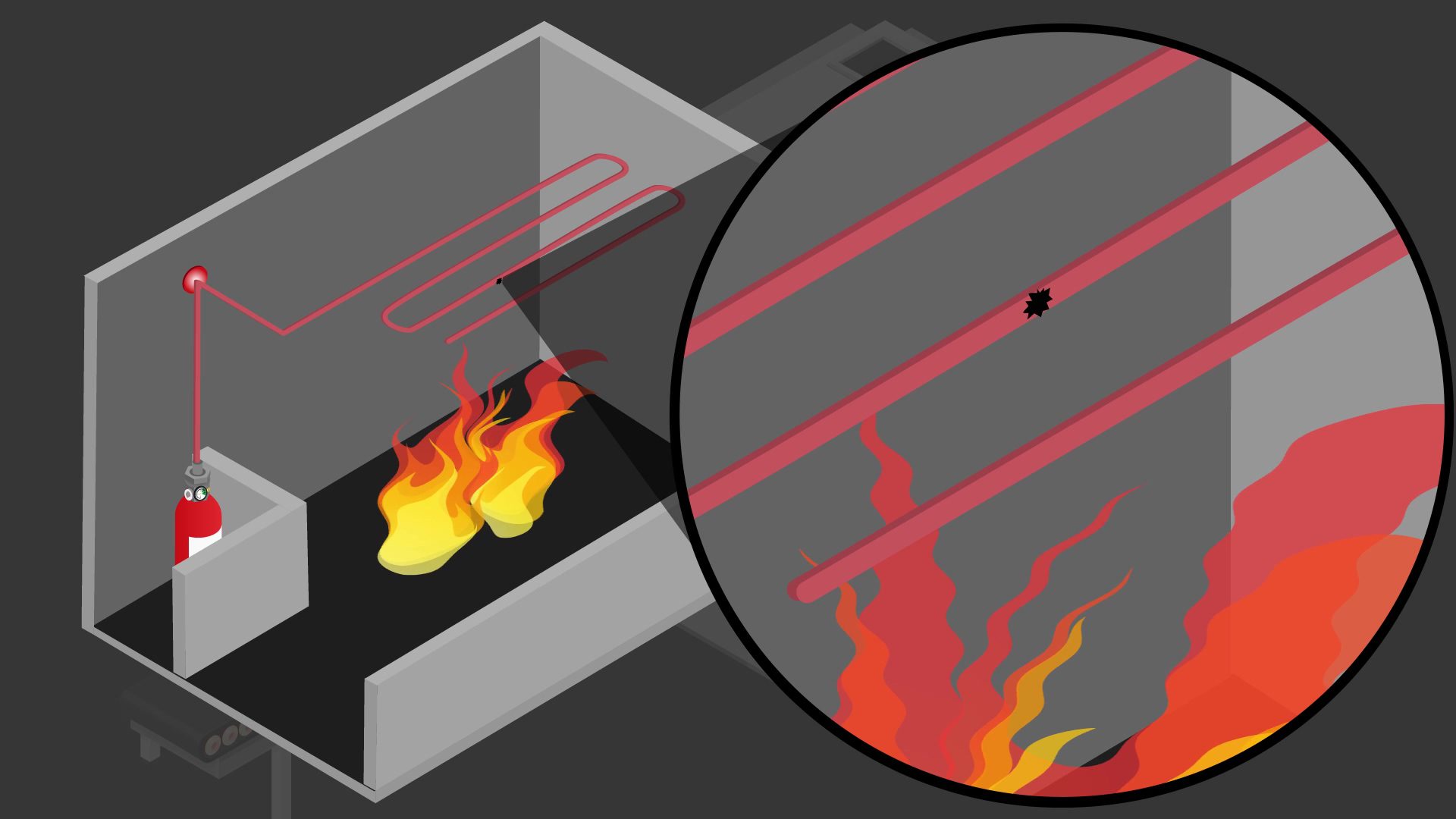
08 Jun How to Prevent Household Electrical Fires
Household electrical fires potentially cause extensive property losses, painful injuries, or even deaths every year. A number of 45,210 household fires occurred in the United States from this cause during the period spanning 2010 to 2014 alone. Creative Electrical Safety Supply lists the following safety precautions when working around electrical systems: 1. Always assume wires are energized, 2. Leave Power Lines to professionals, 3. Be aware of water, metal, and other conductors, and 4. leave repairs to the professionals.
Homeowners benefit financially by preventing these unwelcome events.
[RELATED: How to Extinguish a Small Fire]
One: Always Assume The Presence of Energized Wires
First and foremost, most electricians recommend never minimizing the power of energized wires to convey an electrical shock. The electricity in household circuits harbors the “oomph” required to ignite powerful blazes, in fact. Shocks transmitted by even very ordinary appliances (such as hairdryers, dishwashers, and television sets) may cause serious injuries or even deaths. The bottom line: should you discover an exposed electrical wire in a wall, ceiling, or floor of your home, don’t think this material cannot transmit a powerful electrical charge. Always assume wires are energized!
Two: Leave Power Lines to Professionals
One essential point to remember in safeguarding your residence against electrical malfunctions involves the dangers of ordinary power lines. These structures may pass over your home and enter the interior near electrical boxes on the exterior of the residence or near attic locations. If these wires become loose, or if they break during a severe storm, do not touch them! Contact your local power company for assistance instead. In general, residential power lines convey significant quantities of electricity, far more than an unprotected human being may safely encounter. Never, ever, attempt to touch these lines! You should also take care to avoid contact between power lines and hand-held tree pruning or cleaning equipment (including power washing equipment and water from garden hoses). These kinds of unintentional contacts could kill someone.
Three: Beware Water, Metal, And Other Conductors
As you assess the issue of household electrical fires, remember that some materials will conduct an electrical charge much better than other types of substances. Extensive evidence testifies to the excellent conductivity of water and some metals, for instance. Copper, in particular, transmits electricity quite well. Allowing these materials to come into contact with exposed electrical wires may easily spark the outbreak of a house fire. (It might also result in the delivery of a lethal electrical shock under some circumstances.) If you wonder whether or not a hazard exists, don’t take chances: contact a licensed electrician for immediate assistance. Be aware of conductors to avoid electrocution in specific settings. These materials transmit electricity, and they may pose a threat in some situations.
Four: Leave Electrical Repairs to Professionals
In that vein, experts recommend adopting a pragmatic, conservative approach to any household repairs which potentially involve electricity. By contacting a licensed, trained electrician to resolve these types of issues, you’ll gain many advantages. You’ll prevent potentially painful (or even hazardous) electrical shocks, and you may also avoid the outbreak of unwelcome and costly residential fires. Correctly wired electrical systems offer many comforts and benefits. Skilled electricians know how to install, troubleshoot, and repair or replace these systems without endangering human beings or property. Leave repairs to professionals to avoid liability stemming from wiring problems!
Five: Maintain Your Home’s Roof in Good Condition
Finally, as you contemplate the issue of household electrical fires, remember that roofing systems play an essential role in preventing damaging water leaks. You may help prevent household wiring from coming into contact with damp conditions by ensuring you maintain your roof in excellent condition. Water entering the residence through undetected leaks in roofs sometimes travels inside interior residential walls; it may contact electrical wiring in the home in these locations. If an exposed electrical wire remains in close contact with rainwater under these circumstances, your household might encounter fire hazards. It makes sense to repair leaking roofs as quickly as possible to minimize this risk.
The Best Advice: “Play It Safe”
By keeping these five critical issues in mind, you may help prevent the outbreak of some potentially damaging household electrical fires – and if you can’t, make sure to contact professionals who can safely restore your home. But prevention is always going to be the most important thing. Remember that guests that are subject to unsafe conditions could get injured while on your property. Aside from any potential embarrassment or strain on friendly relationships, this is especially important if you run a business or have frequent meetings in your home. There could be legal issues involved, as guests could acquire a personal injury attorney to make a case on the unsafe nature of your home if they have been injured while on your premises. It’s best to just play it safe, and keep your home free from potential hazards and dangers. Everyone will grateful for it. Remain alert to conflagration threats. It will help safeguard both your property and your loved ones from harm.